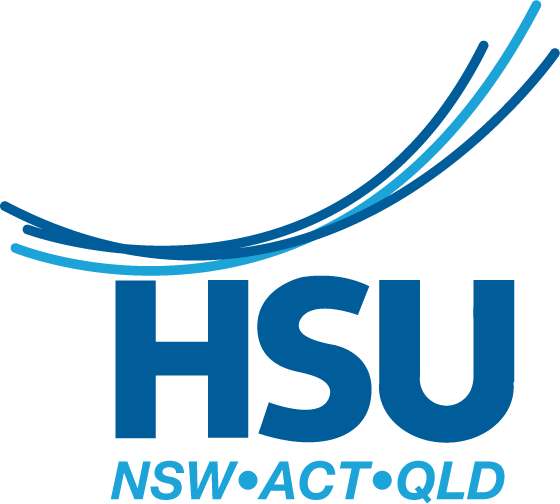No improved pay offer for NSW paramedics as industrial action looms
-
Published November 23, 2023
The Guardian, 23 November 2023
Workers want a 20% rise in line with other states and say they won’t renew registrations, limiting them to basic driving duties
No formal offer has been made to increase the pay of New South Wales paramedics despite months of negotiations as a union boss calls on the premier and treasurer to “come out of the shadows”.
The state health system faces the prospect of widespread industrial action in coming weeks, with the most serious threat set to result in two in five paramedics being little more than ambulance drivers.
Paramedics want an immediate rise of about 20% to put them on par with neighbouring jurisdictions.
The NSW health minister, Ryan Park, drew attention to budgetary pressures while refusing to put a time limit on negotiations that started in April.
“We haven’t put a formal offer to the union because we are continuing to engage with workers and their representatives,” he said on Thursday.
The Health Services Union state secretary, Gerard Hayes, accused the government of Chris Minns of trying to stare down workers and was outraged the negotiation table had lacked the presence of the premier and treasurer Daniel Mookhey.
“At this level, you would think everyone would be interested in being in the room to resolve this issue,” he said. “Ryan Park has done everything he can do – this is all on them so come out of the shadows and have a go.
“And if you don’t think these people are worth it, just say it – but that’s not what you said before you got elected.”
Hayes found an unlikely ally in opposition leader Mark Speakman who accused Minns of showing two faces in the election.
“He’s the author of his own misfortune,” Speakman said.
Minns in parliament defended his government’s record on industrial relations and health, underlining 4% pay rises for public servants and giving 1,200 temporary nurses permanent roles.
Further improvements were outlined in a bill introduced on Thursday to create interest-based bargaining and re-establish an industrial court to help resolve bargaining deadlocks, among other matters.
Wage rises were capped under the previous Coalition government, throttling unions’ ability to negotiate on pay and allowing other states to leap ahead.
The government has acknowledged paramedics’ expanded roles and responsibilities in patient care over recent decades and accepted remuneration should change accordingly.
But time is of the essence, with 2,000 paramedics threatening to not renew their professional registration due next Thursday.
Were those registrations to lapse, workers would be able to do little more than drive ambulances and give basic first aid from 1 January, the union says.
A smaller paramedic union has also threatened industrial action, with Australian Paramedics Association NSW members from Thursday refusing staff movements and non-emergency patient transfers that could be otherwise taken by health department transport services.
The APA NSW president, Brett Simpson, described the action as unprecedented. “This is not an action that paramedics want to undertake,” he said. “The premier and the health minister have left us with no choice.”
The acting NSW Ambulance commissioner, David Dutton, said a range of contingency measures were available to minimise disruptions.
